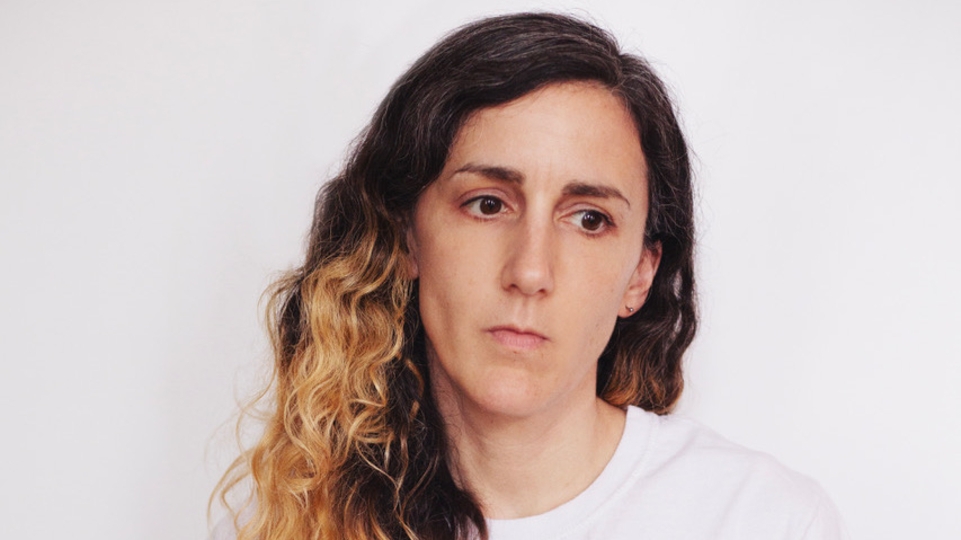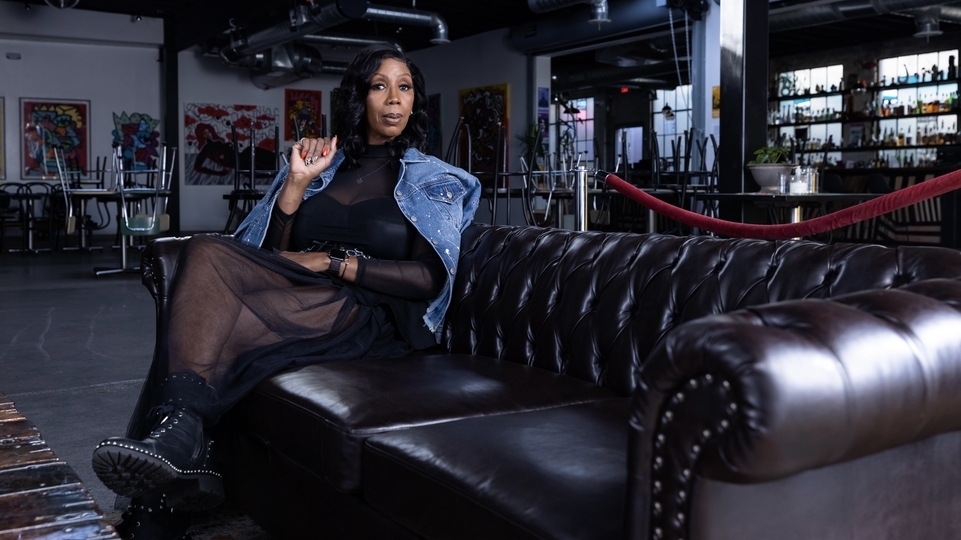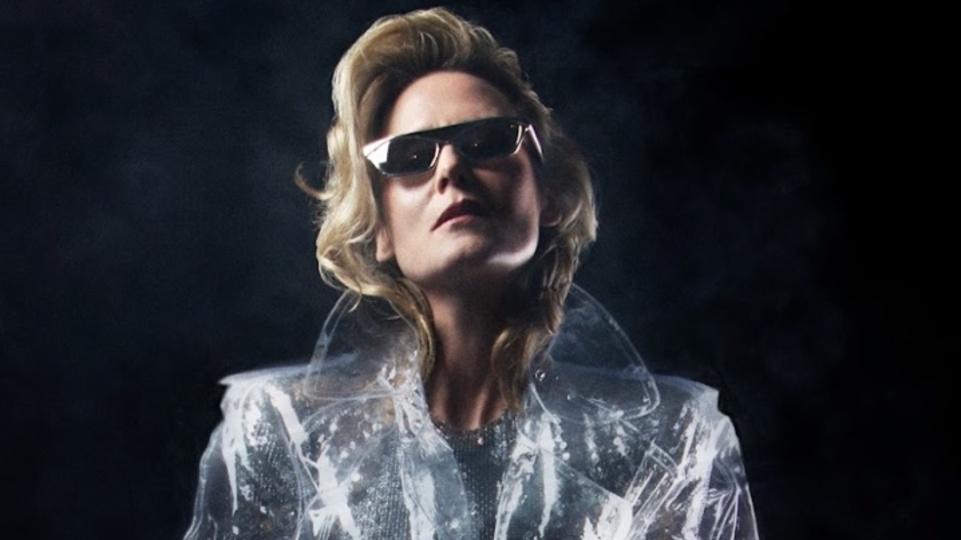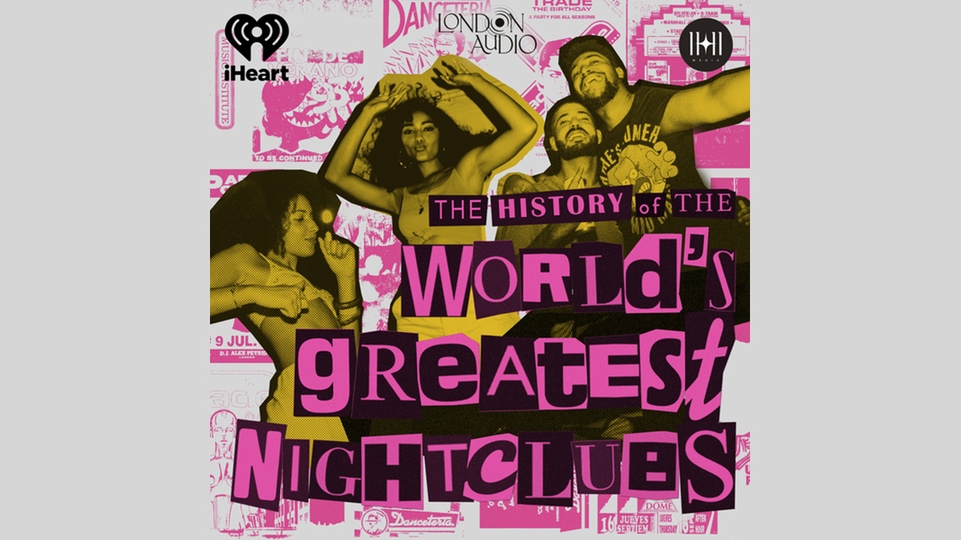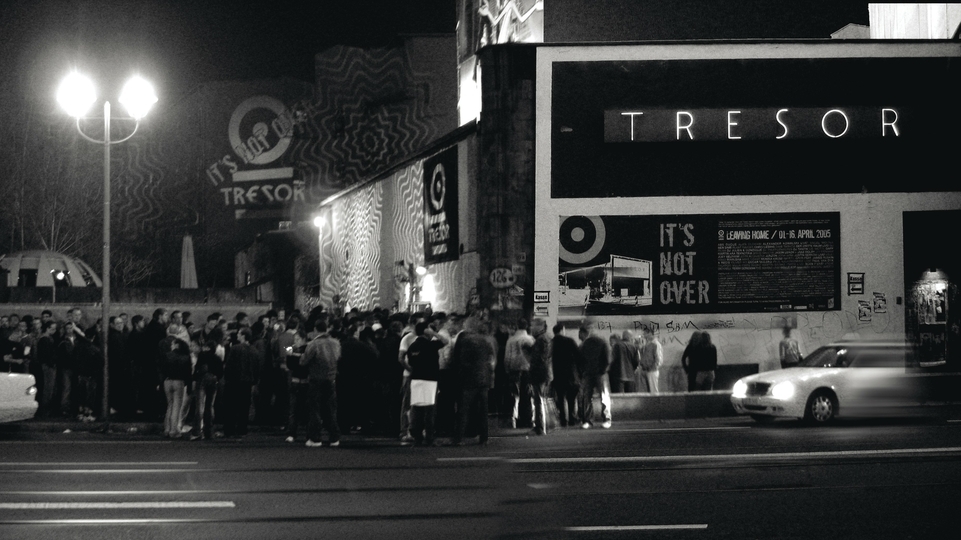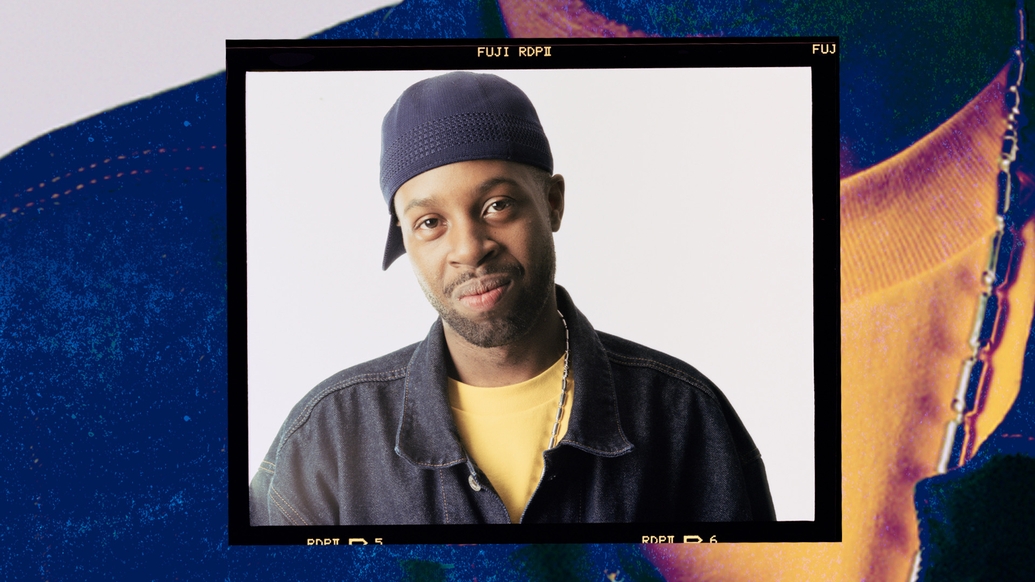
How J Dilla distilled Detroit techno on 'Welcome 2 Detroit' track, 'B.B.E.'
On the eve of the 15th anniversary of J Dilla’s death, BBE have released a special edition of his debut album, 'Welcome 2 Detroit' pressed over 12 discs. Here, we run an excerpt from the book that lands with the release where some of the album’s key contributors discuss album track, ‘B.B.E.’, where Dilla distilled the sound of Kraftwerk and Detroit techno into a cut of tech noir
On 26th February 2001, BBE released ‘Welcome 2 Detroit’, the debut solo album from James Dewitt Yancey, and first material under his J Dilla moniker.
The 16-track album worked the music of Dilla’s Detroit into his already established signature sound — one that up until the release of the record was built largely around heavily swung drum patterns, and melodies that saw him likened to John Coltrane. The record also had features from local artists that surrounded him, including Derrick Harvey (of Frank n Dank), Jason Powers (better known by his stage name eLZHi), Dwele, Phat Kat, and others.
Speaking about ‘Welcome 2 Detroit’ in the album’s liner Dilla said: “Peter [Adarkwah, founder of BBE] let me do whatever I wanted to do. So, I wanted to put people on there who are gonna spit y’know, lyrically and represent Detroit. Because I wouldn’t have been able to pull this album off if it came out under a major. Cos they’re not gonna let you just do a song or you can’t just do an instrumental. You gotta have this feature and you’re Jay Dee, why ain’t you got Erykah Badu? Why ain’t you got so and so on your album? I’d have had to go through all of that, instead of just putting out... y’know, Beej on this joint!”
At the time of its release, the then 27-year-old had already produced music for A Tribe Called Quest, Erykah Badu, De La Soul, The Pharcyde, Busta Rhymes, Common and countless others. Described by The Roots' Black Thought as the “most gifted beatmaker I’ve known”, Dilla had a huge impact on a huge number of artists' careers, as well as an irreversible influence on the sound of hip hop.
To celebrate the 20th anniversary of the album, BBE are releasing a special edition version of ‘Welcome 2 Detroit’, presented in a deluxe 7” vinyl box set, boasting instrumentals, two brand new interpretations by Azymuth and Muro, previously unreleased alternative mixes, and studio outtakes pressed over 12 discs. The release also lands with a book, revealing the album’s hidden stories, told by those who were there. Below, we have an excerpt from it, where some of the album’s key contributors discuss album track, ‘B.B.E.’, where Dilla distilled the sound of Kraftwerk and Detroit techno into a cut of tech noir.
“Detroit is the birthplace of techno! So, when Dilla did 'B.B.E.' he’s giving the world a taste of Detroit!” — Phat Kat
Todd Fairall: “I think B.B.E.' was one hundred percent cut at Studio A. I’m pretty sure that the beat was programmed beforehand along with the rest of that stuff. I think he’s just playing keyboard live across the record. He’s then adding all types of vocal effects all over his vocals. Saying, “Big Booty Express!”, and all the robot type effects. We spent a lot of time getting those effects right and automating them, that was a bigger track as well.”
Elzhi: “It only makes sense with a title, 'Welcome 2 Detroit', that you show different sides of the city, musically. So, I thought 'B.B.E.' was dope. We used to go to a spot called St. Andrew’s Hall, it was also called 3 Floors of Fun. The bottom half of it was called the Shelter which played hip hop music on Fridays. DJ House Shoes was spinning along with DJ Dez and DJ Slim Fast. Right next to St. Andrew’s Hall was a place called Legends, and we’d dip up in there too. There they would play booty music, Detroit tech, ghetto tech music, and we’d dip in there, because coming up in this city, we dug that kinda music too. So, when he put that on the record and called it 'B.B.E.', it really represents the state of mind we were in, being natives of Detroit.”
Phat Kat: “'B.B.E.' shows how much Kraftwerk inspires Detroit. Kraftwerk was a big deal here in the city and that one was real Kraftwerk-esque. As a kid you grew up on Kraftwerk. Detroit back in the day was about dancing. Kraftwerk was part of my childhood. I had no idea where they were from. If you told me Kraftwerk were from Detroit, I woulda believed it! That’s how big they were here in the city. So, Jay bodied that one! A lot of Detroit production, house and techno, has that Kraftwerk influence. Detroit is the birthplace of techno! So, when Dilla did 'B.B.E.' he’s giving the world a taste of Detroit!”
Big Tone: “Detroit is the birthplace of techno, so techno is obviously not obscure here. Friday after work, you’ll find that one of the radio stations here is playing instrumental, electronic, techno or whatever – because a lot of radio programming is based on their promotions from the clubs. So, they’re prepping a lot of the after-work crowd, to get in the mood to go down to the club. It’s been that way since we were kids. So 'B.B.E.' feels like an ode to all that.”


Frank Nitt: “We have this dance called the Jit, based on techno music where you dance really fast and it’s based off footwork. As kids, that’s what we grew up doing. We were jitters and breakdancers, because we were hip hop dudes, but we were in Detroit. I mean, you could be a gangster and do the Jit, and still be a gangster. (laughs) Y’know what I’m sayin’?!? It was a street dance. Girls did it. Guys did it. And if you did it and you was good at it, it didn’t matter who you were before, you did it! Now you was alright! So, 'B.B.E.', to me, is slowed down techno music, and I say slowed down because we would take a techno song that was 130–140 bpms and put it on 45 to make it faster. In Chocolate City there was a group of strippers, they were like a group who would do parties and do routines and the name of the group was The 45 Girls. Their routines were all done to techno music on 45! (laughs) Yeah! Super-fast! So, we come from that. At the clubs, once things would get going, you would hear that and people would be dancing to that. So, for me 'B.B.E.' is that, slowed down! It’s techno music, strip club music, Jit music. But slowed down so you get that Dilla hop!”
Karriem Riggins: “It was incredible for Dilla to do 'B.B.E.' Jay definitely put me up on more electro sounding music. So, I learned a lot being around him, and hearing some of those records. Kraftwerk, Synergy, even some of the Vangelis stuff. It was daring for him to put ‘B.B.E.' on this album. Daring. Every song was like a different vibe on 'Welcome 2 Detroit' and that’s what’s needed. Jay was multifaceted, he has a different, unique ear that normal musicians and producers don’t have. This meant he could touch every genre, and that’s great. We need that, we need different colours and vibes!”
Ta’raach: “While I’m recording and going over to Jay’s spot, I’m also messing with Carl Craig at the same time. So, the remix Jay did for Carl — 'People Make The World Go ‘Round (J-88 Remix)') — I was the one who linked that up! So, I knew about techno, but I wasn’t aware that Jay was gonna go there with this album. But for me, this song felt like he was running a metronome, had it up loud as hell, and was playing around that! I felt like 'B.B.E.' was a lesson in how to minimise. Like you can have a metronome and a keyboard and be like (sings/hums 'B.B.E.') those Terminator soundtracks, or the Vangelis kinda situation. Which I guess is where he was getting some of the samples from in the first place. So, when you get to do your own thing, you’re gonna be inspired and you’re gonna wanna do one yourself! So, I felt this song was brave.”
Dwele: “'B.B.E.' felt like an ode to 1980s Detroit. Cocaine meets weed meets music meets midnight meets some neon shit! (laughs) I do remember being initially surprised that this was on the album. I remember thinking, 'How are people gonna take this song?' Because it was so different and not what everyone was doing.”
Blu: “When I first started hearing ['B.B.E.'], the tempo was so slow, I was like, 'Where we going with this?' Once you start listening to Detroit music, you could easily end up just listening exclusively to Detroit music, man! A lot of musicians, period, come out of Detroit. If you’re in the heart of Detroit and hear what it’s coming up with, you’ll hear the neo-soul, hip hop, gangsta rap and techno. Dilla caught all of that on this album.”
